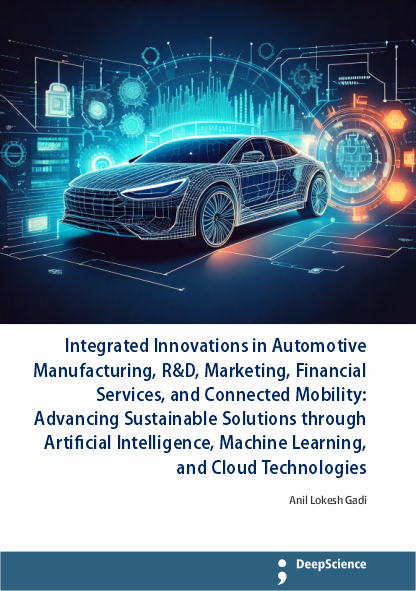Designing scalable data architectures for automotive systems using cloud computing platforms
Synopsis
Cloud computing is ushering in a new era of automotive applications. The automotive industry is experiencing paradigm shifts toward more sophisticated computation, connectivity and collaboration. Driven by advances in sensing and intelligence technologies, vehicles have an increasing number of onboard computers and embedded sensors for perception and data acquisition. Conventional vehicular applications, such as navigation based on on-board maps, are evolving into computation and data intensive ones, termed cloud-based vehicular applications, relying on external computing and/or data resources. Clouds providing high-end computation and storage, and big data generated by networked vehicles are newly available. Ready access to distributed information, computing and storage resources can therefore enable new vehicular applications. Heterogeneous information and data sharing among vehicles, infrastructure, and the cloud may improve computation and data intensive vehicular safety, drivability, fuel economy, and infotainment. This paper aims to stimulate innovative designs of novel and scalable data architectures for new cloud-based automotive applications on cloud platforms. Cloud-based applications, including cloud-based vehicle speed optimizer and cloud-aided comfort-based route planner, that help improve vehicular safety/comfort and fuel economy for everyday driving scenarios, are proposed. Scalable and efficient computing frameworks to execute these applications on public storing cloud service are presented. Comprehensive evaluation methods are studied to analyze the performance of the computing frameworks, including their effectiveness on service scalability and efficiency. Comparative simulations results on fleet size, vehicle density, and transmission distance parameters are reported, followed by recommendations for future systematic verification studies. Cloud computing is providing great opportunities for computation and data intensive vehicular applications. The enabling architectures of such applications for vehicle safety/comfort and fuel economy improvement are proposed. In addition, the generic evaluation method on these and/or other new applications’ scalability and efficiency on public storing cloud is presented.













